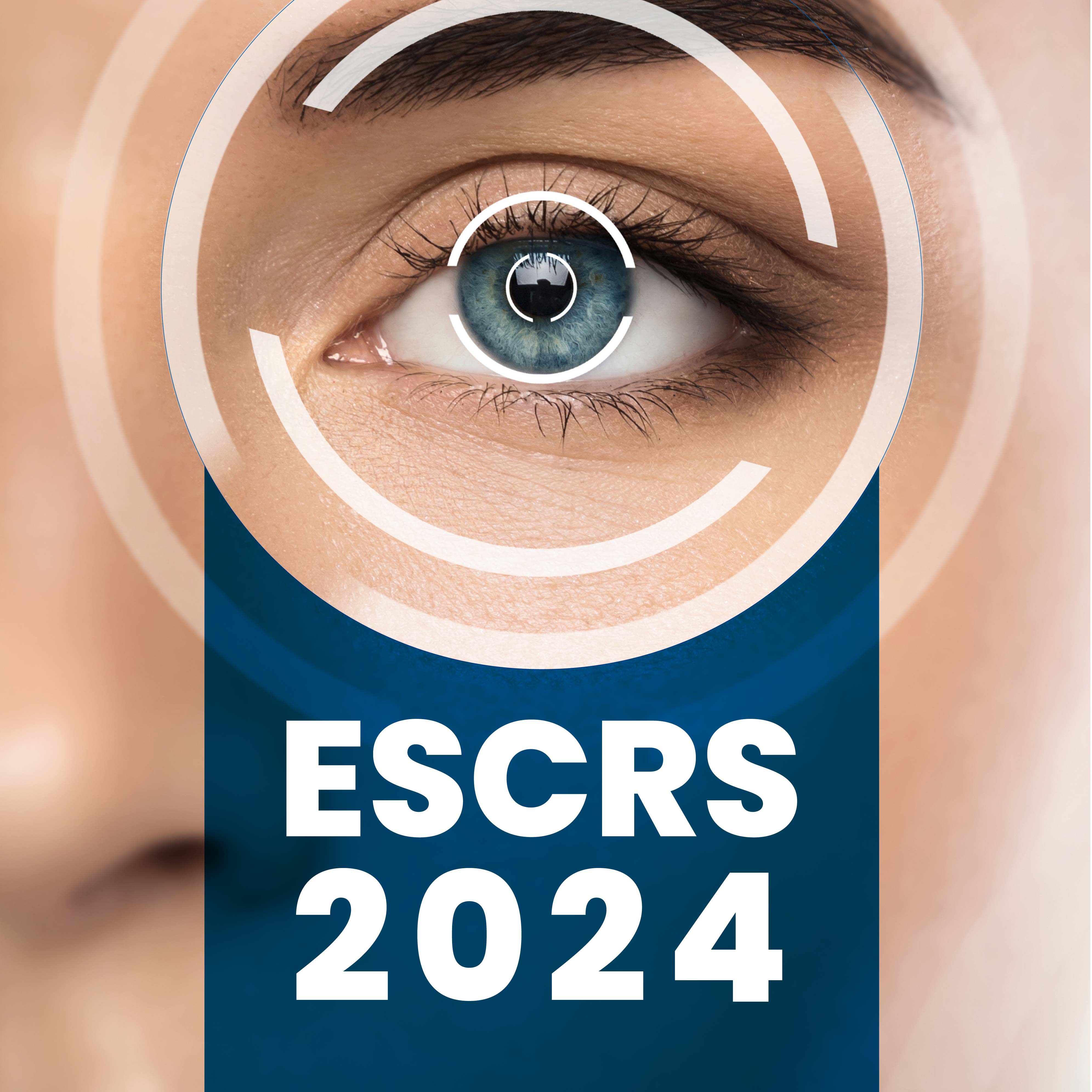ESCRS 2025: Cataract Surgery Complications / Management / Prevention
Incidence and Progression of Diabetic Retinopathy after Cataract Surgery: A Systematic Review and Meta-Analysis
Presenter: Cheng-Jen Chiu
A systematic review and meta-analysis of 15 studies involving over 7,000 diabetic patients assessed diabetic retinopathy (DR) incidence and progression following cataract surgery across diverse populations in North America, Europe, and Asia. Results showed a significantly increased incidence of postoperative DR compared to controls.
However, in paired analyses, no significant difference in DR progression was found post-surgery. These findings underscore the importance of vigilant monitoring for DR development in diabetic patients after cataract surgery to optimize management and prevent complications. Clinicians should implement careful follow-up strategies in this high-risk group.
Prevention is Better than Cure: Vitamin D as the Useful Tip to Reduce the Symptoms of Dry Eye after Phacoemulsification
Presenter: Larysa Tutchenko
A study at Kyiv City Clinical Ophthalmological Hospital, Ukraine, evaluated orally ingested vitamin D (1000 IU daily before and for 2 months after surgery) in 50 cataract patients (25 per group) to assess its effect on ocular surface quality and comfort post-phacoemulsification. Using a composite score combining ocular surface staining (Oxford scale) and self-assessed comfort, the vitamin D group showed significant improvement at 1-month post-op compared to controls (p<0.05).
A decrease in the composite score indicated better comfort and reduced staining, whereas controls experienced less improvement or worsening. Vitamin D supplementation may enhance patient comfort and ocular surface health after cataract surgery, potentially increasing satisfaction alongside standard postoperative care.
The Protective Effect of Rho‑Associated Kinase Inhibitor Eye Drops (Ripasudil) on Corneal Endothelial Cells after Cataract Surgery: A Prospective Comparative Study
Presenter: Wael Otaif
A prospective, non-randomized study evaluated the protective effect of ripasudil, a rho-associated kinase inhibitor eye drop, on corneal endothelial cells after cataract surgery in 43 patients. The ripasudil group (23 eyes) received the drop thrice daily for five days postoperatively, while 21 eyes served as controls.
At 12 months, endothelial cell loss (ECL) was significantly lower in the ripasudil group (4.5%) compared to controls (12.8%, p=0.001). Central corneal thickness, age, sex, and surgery duration showed no significant impact. No adverse effects were reported. Ripasudil may reduce endothelial cell loss post-cataract surgery, preserving corneal health and potentially lowering transplantation needs.
Endophthalmitis Rates Following Routine Cataract Surgery with and without Prophylactic Post-Operative Topical Antibiotics
Presenter: Clare ODonnell
A retrospective audit at Optegra Eye Health Care evaluated endophthalmitis rates after routine cataract surgery in 68,217 eyes across two groups. Group A (12,517 eyes) received postoperative antibiotic drops alongside antisepsis and intracameral cefuroxime; Group B (55,700 eyes) received the same care but without postoperative antibiotics. The overall endophthalmitis rate was 0.015%, with 0.01% in Group A and 0.02% in Group B. There was no statistically significant difference between groups (p>0.05).
These findings support that routine postoperative antibiotics may not significantly reduce endophthalmitis risk when strict antisepsis and intracameral cefuroxime are used, encouraging antibiotic stewardship.
European Society of Cataract and Refractive Surgeons (ESCRS) Congress 2025, September 12-16, Denmark



